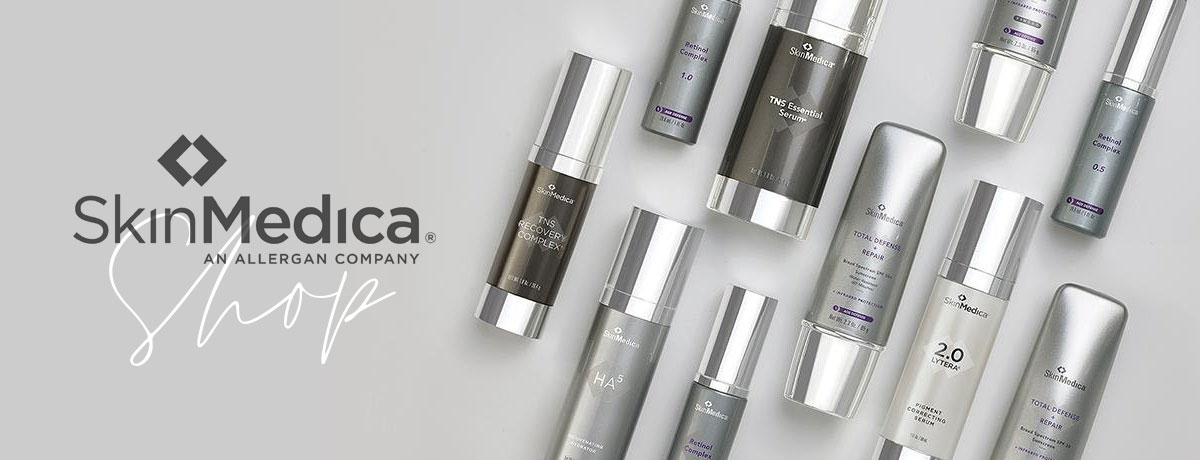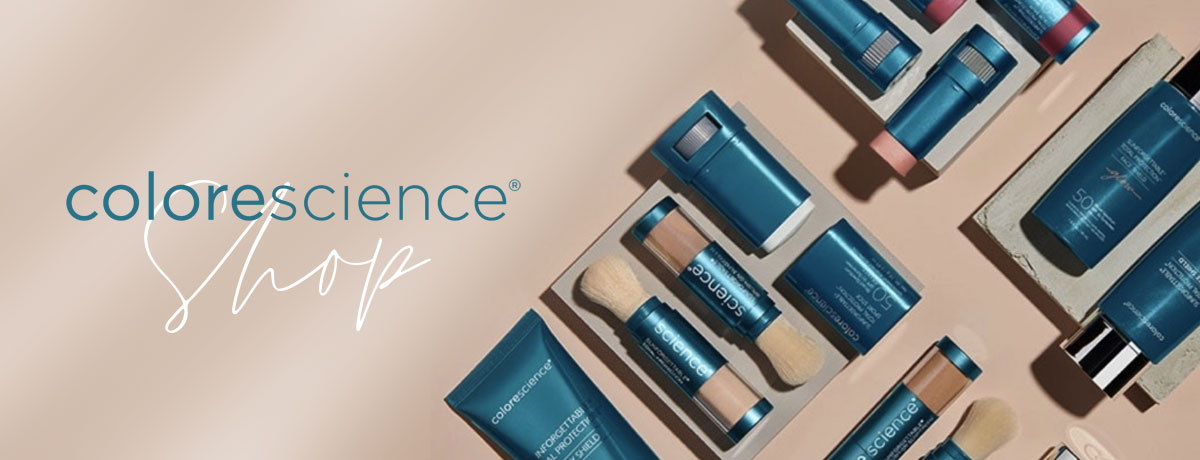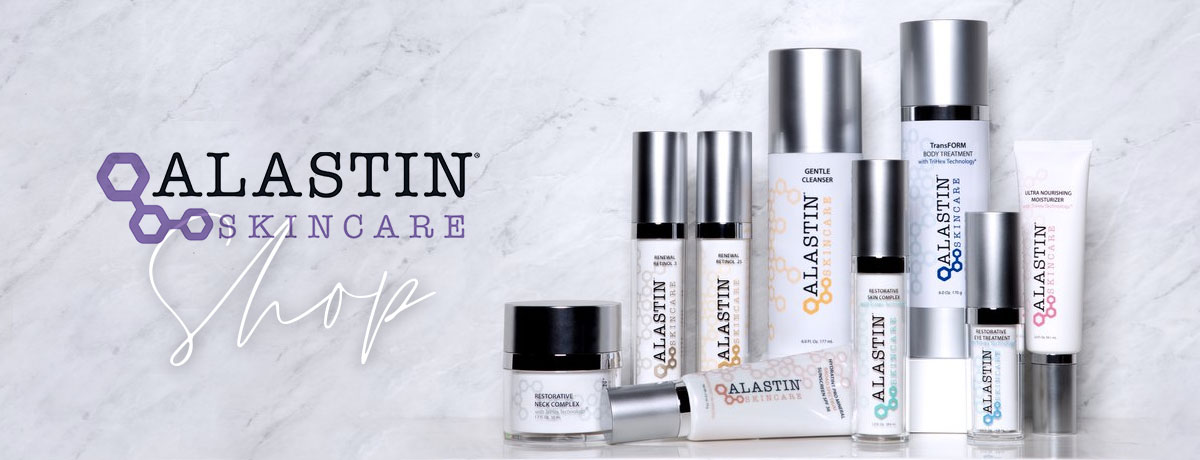General Information
Anyone can be diagnosed with skin cancer at any age.
Basal cell carcinoma (BCC) and squamous cell carcinoma (SCC) are the two most common forms of skin cancer. BCC is the most common type of skin cancer accounting for about 80% of all skin cancers. SCC is responsible for about 15% of all skin cancers.
Both of these types of skin cancer are associated with sun exposure and a light complexion. Fortunately both types can usually be treated successfully if identified early and treated appropriately.
What happens if BCC or SCC are not treated?
BCC is a slow growing cancer with very little ability to spread to other parts of the body. However, it can be locally invasive, growing into and destroying nearby structures such as the nose, ear, or eye. When located on the body, the cancer can grow large and invade down to muscle or bone and create an open wound. Usually this type of destruction takes several years to occur.
SCC is a more aggressive skin cancer than BCC. It usually grows more quickly and can cause greater destruction than BCC. In addition to being locally invasive, SCC can spread to lymph nodes or other parts of the body. This type of spread occurs most often in SCC’s that are present on the lips, ears, hands, and fingers and in patients whose immune systems do not work well. In the vast majority of cases SCC remains only in the skin.
What treatments are available for BCC and SCC?
The first step in the treatment of BCC and SCC is to take a biopsy of the suspected skin cancer to be checked under the microscope to make a definite diagnosis. Once this is done a treatment for the skin cancer can be chosen.
Several treatments are available for BCC and SCC, and each treatment has its own advantages and disadvantages. Common treatments include destruction of the cancer and surgical removal of the cancer – either with Mohs surgery or traditional surgery.
Less common treatments include radiation treatment and creams that can remove skin cancer. Sometimes more than one treatment is used in combination. Your dermatologist will recommend the treatment that he or she feels is most appropriate for your skin cancer. If you have questions about treatments other than the one recommended, ask your doctor for more details.
What do I need to do now that I have a skin cancer?
The first thing that is needed is to have treatment for the skin cancer. After the treatment for the skin cancer is completed, you should see your dermatologist regularly for follow-up exams.
Your dermatologist will examine the area where the skin cancer was treated to make sure that it is not growing back and will also check your skin for new skin cancers. Once you have been diagnosed with BCC or SCC you have a 50% chance of having another skin cancer within the next 5 years.
You should also examine your own skin thoroughly each month. Use a well lighted room and the combination of a full length mirror and a hand held mirror to check all of the areas that are hard to see. A spouse, parent, or friend can also help you.
Notify your dermatologist of any new growths, any spots that are changing, and any spots that “look funny.” Also pay attention to any spot that bleeds for no good reason or gets a scab that won’t heal.
Most skin cancers are discovered by a patient or spouse and then brought to the attention of the doctor. Carefully examining your own skin is the best defense against a future skin cancer.
It is also important to protect your skin from the sun. Regular sun protection can decrease your chances for developing future skin cancers.
The following steps should be taken for sun protection.
-
Do not intentionally expose your skin to natural or artificial sunlight.
-
Avoid sun exposure when possible, especially in the middle part of the day when the sun is most directly overhead.
-
Protect your skin from the sun with clothing. Wear a hat with a broad brim, sunglasses, a long sleeved shirt, and pants when outdoors.
-
Apply a broad-spectrum sunscreen with an SPF of 30 or higher to all skin surfaces that you cannot cover with clothes.
The above steps for sun protection are listed in the order of importance. Used together these steps will reduce your chances of developing more skin cancers.
Where can I learn more about skin cancer?
Your dermatologist can answer many of your questions about skin cancer. Other good sources of information include:




